How did Project Medical Codex start?
While working in the Warsaw Coordination Center for Ukraine in 2022, we experimented numerous logistical issues caused by medical terminology that varied significantly different between countries.
There was a need for an easy to use translation tool that would be more reliable – and transparent – than a simple Google Translate, without getting the complexity of a website database and that would support a variety of list format.
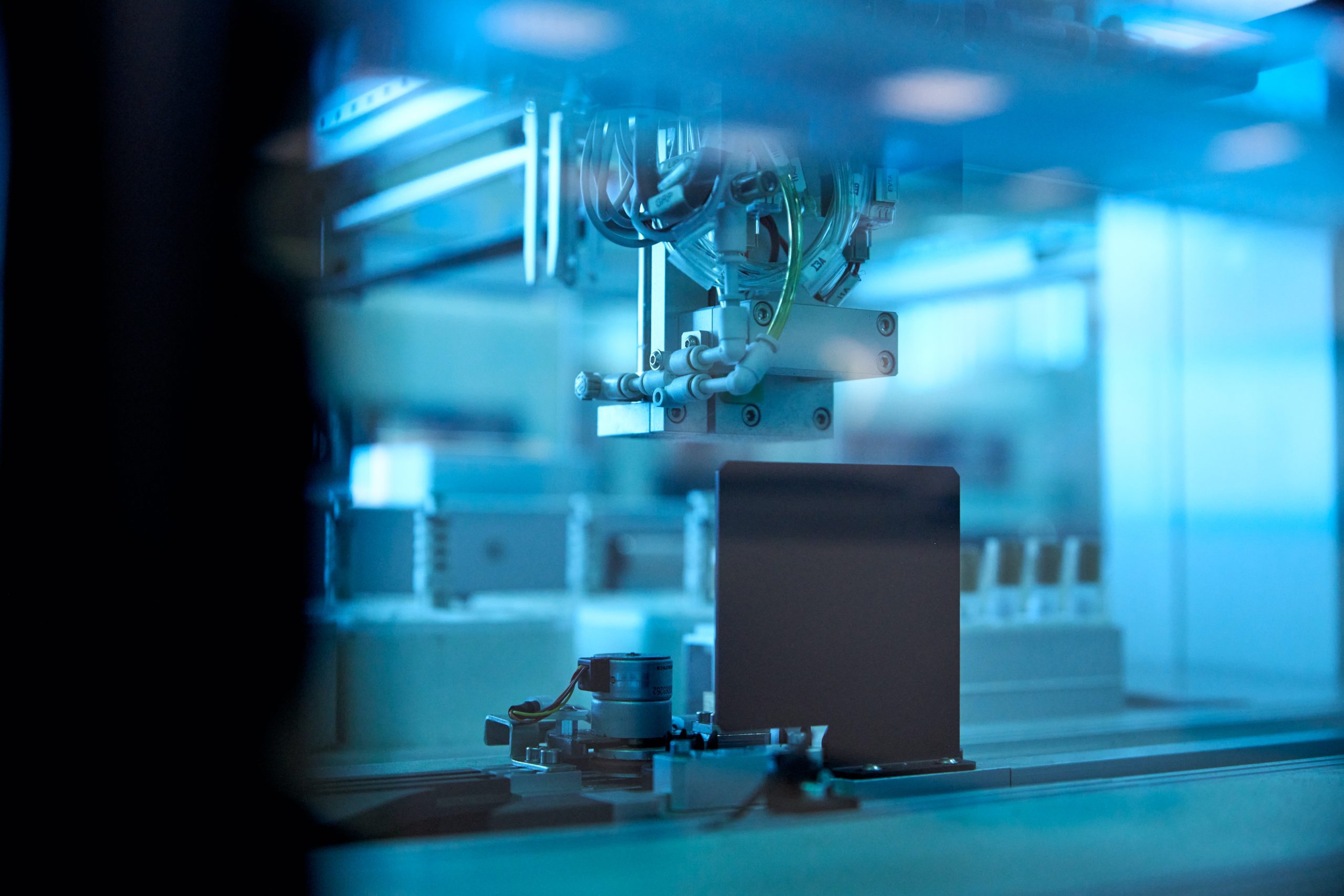
Proposed Solution
Between January and April 2023, a team of 5 medical interns from Cape Breton University (SCU), 5 software developer interns from Arizona State University (ASU), and 8 interns (project management and prototyping) from Geroge Brown College identified 35 medicals databases and started extracting their data (based on what was permitted by each licences).
The aim is to deploy a working prototype in Ukraine within the first 4 months of the project.
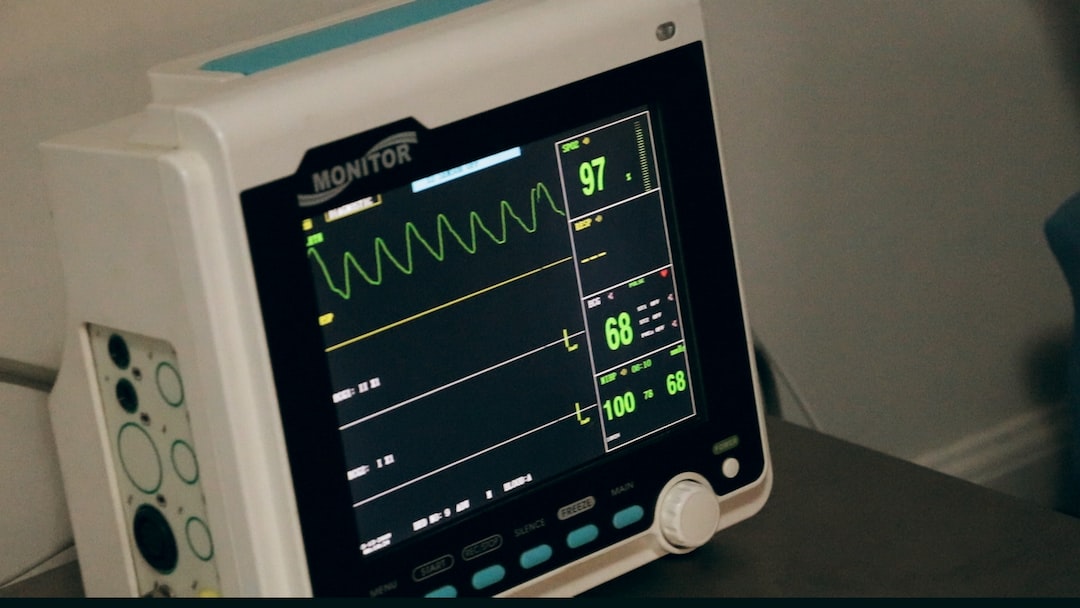
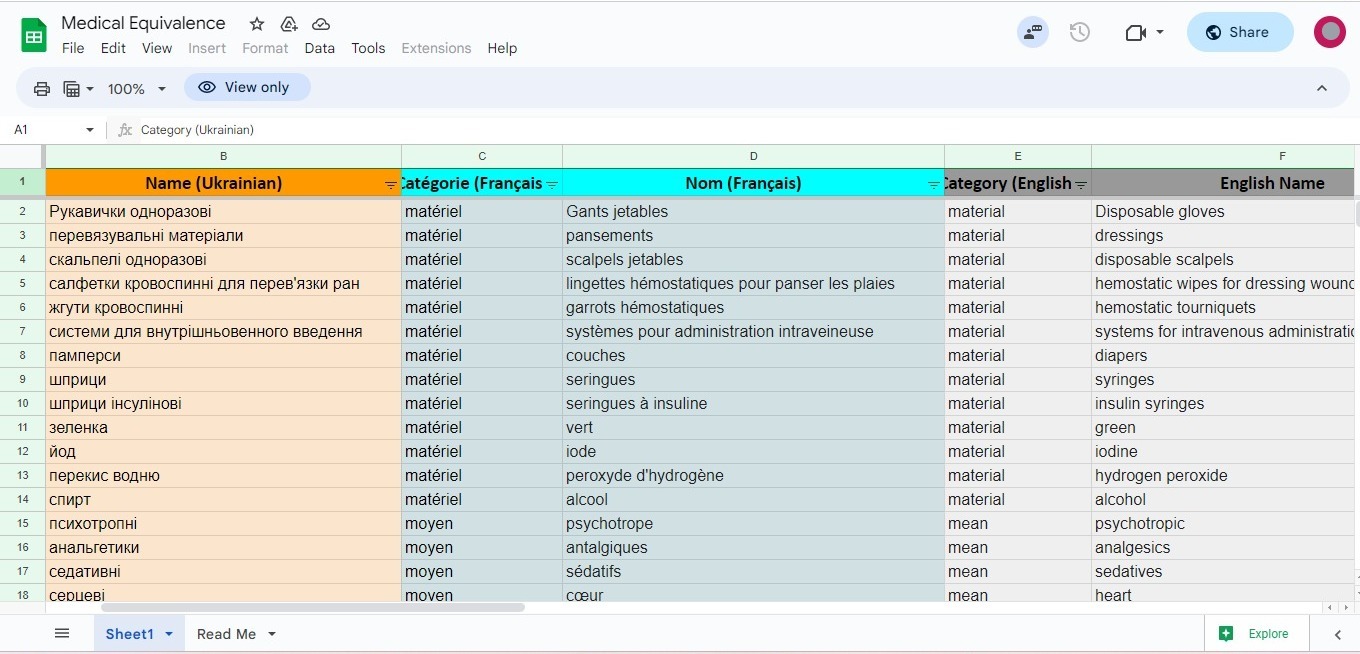
The Medical Codex Project has a Google Sheet developed as a more reliable and easy to use translation tool for medical equivalences that has Ukrainian, French, and English (more languages coming soon).
How does Project Medical Codex contribute to the SDG Goals?
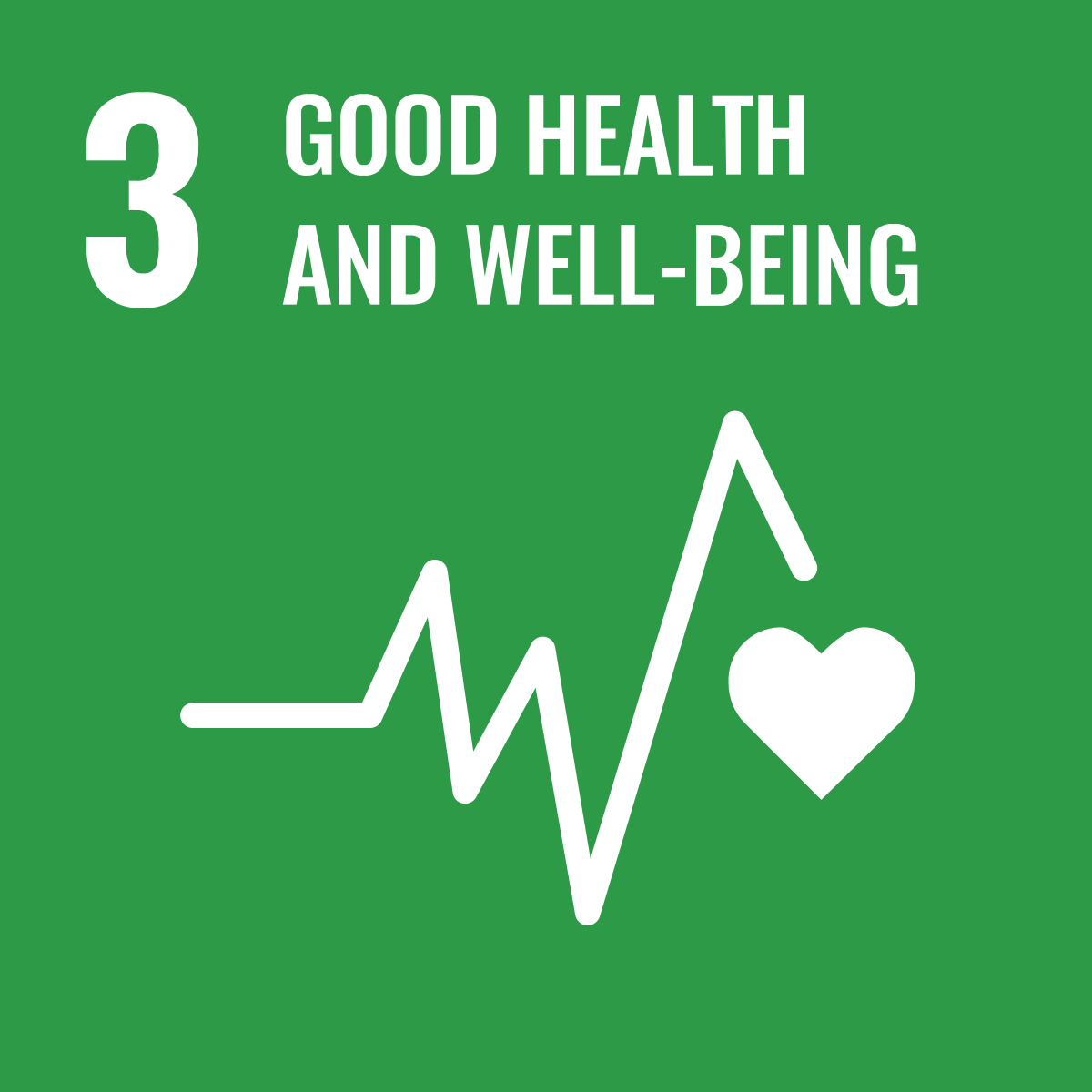
Medical Codex directly contributes to Good Health and Well-Being by aiming to improve health outcomes and well-being. By providing an easy-to-use tool for coordinating medical equipment across countries, the project helps address challenges related to medical terminology translation, which can often be a barrier to effective healthcare delivery. By leveraging AI and comparing multiple international medical databases, the project enables healthcare workers to quickly access accurate and standardized medical information, thus enhancing patient care, reducing errors, and improving health outcomes.
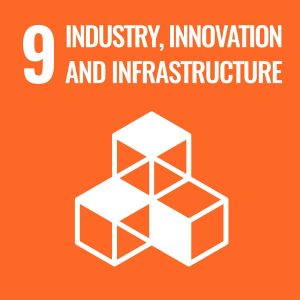
Project Medical Codex aligns with SDG 9 by promoting innovation and the development of infrastructure to support healthcare systems. By utilizing Artificial Intelligence (AI) technology, the project introduces an innovative solution that streamlines the coordination of medical equipment across different countries. It leverages AI’s capability to compare and analyze vast amounts of data from international medical databases, facilitating the efficient sharing of medical terms and information. The project’s open-source nature also encourages collaboration and the sharing of knowledge, which can contribute to the development of improved healthcare infrastructure globally.
The Medical Codex Project is relevant to SDG 17 as it emphasizes collaboration and partnerships to achieve common objectives. By employing an open-source approach, the project invites participation and contributions from various stakeholders, including healthcare professionals, researchers, and technology experts from different countries. This collaborative effort fosters knowledge exchange, encourages the sharing of best practices, and promotes global cooperation in addressing the challenges of medical equipment coordination. Through these partnerships, the project aims to leverage collective expertise to develop a tool that can benefit healthcare systems worldwide.
Related Work
| Project | Focus Area | Project Scope |
|---|---|---|
| Project Symmetry | EdTech, Natural Language Processing | Increase the quality and quantity of digital content to be accessed offline in less represented languages |
| UNI Project | EdTech, Social Innovation | Allows more digital content in different languages to be stored and accessed by the population in need |
| Web Scraper | EdTech, Social Innovation | Allows you to to clone websites to make Internet browsing an offline experience. |
